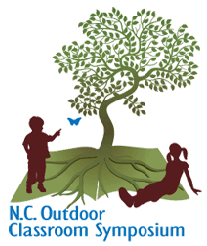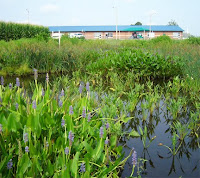
From the Environmental Education & Training Partnership:
Demographic changes and the emergence of a more global society have challenged the field of environmental education to be more inclusive and to offer programming that is relevant to culturally diverse groups. But what do we mean by diversity, and where is the EE field going with it? “Still Developing the Toolbox: Making EE Relevant for Culturally Diverse Groups,” by Joanne M. Lozar Glenn addresses this question and profiles five organizations working to connect their programming to the communities they serve.
(Note: This article features Ross Andrews, director of the Walnut Creek Wetlands Center in Raleigh).
From creating learning groups to reaching urban, immigrant and native audiences, these organizations address what it means to work with diverse audiences and how connecting with these communities changes what they’re doing and how that work gets done. The article includes 10 “learnings” that have emerged from environmental educators who are on the ground and at the forefront of efforts to make EE more inclusive. The article also provides a list of resources (books, articles, websites, programs, and organizations and individuals) designed to inspire readers who want to learn more about this topic and to get ideas they can apply to their own work.
Download the article
Demographic changes and the emergence of a more global society have challenged the field of environmental education to be more inclusive and to offer programming that is relevant to culturally diverse groups. But what do we mean by diversity, and where is the EE field going with it? “Still Developing the Toolbox: Making EE Relevant for Culturally Diverse Groups,” by Joanne M. Lozar Glenn addresses this question and profiles five organizations working to connect their programming to the communities they serve.
(Note: This article features Ross Andrews, director of the Walnut Creek Wetlands Center in Raleigh).
From creating learning groups to reaching urban, immigrant and native audiences, these organizations address what it means to work with diverse audiences and how connecting with these communities changes what they’re doing and how that work gets done. The article includes 10 “learnings” that have emerged from environmental educators who are on the ground and at the forefront of efforts to make EE more inclusive. The article also provides a list of resources (books, articles, websites, programs, and organizations and individuals) designed to inspire readers who want to learn more about this topic and to get ideas they can apply to their own work.
Download the article

